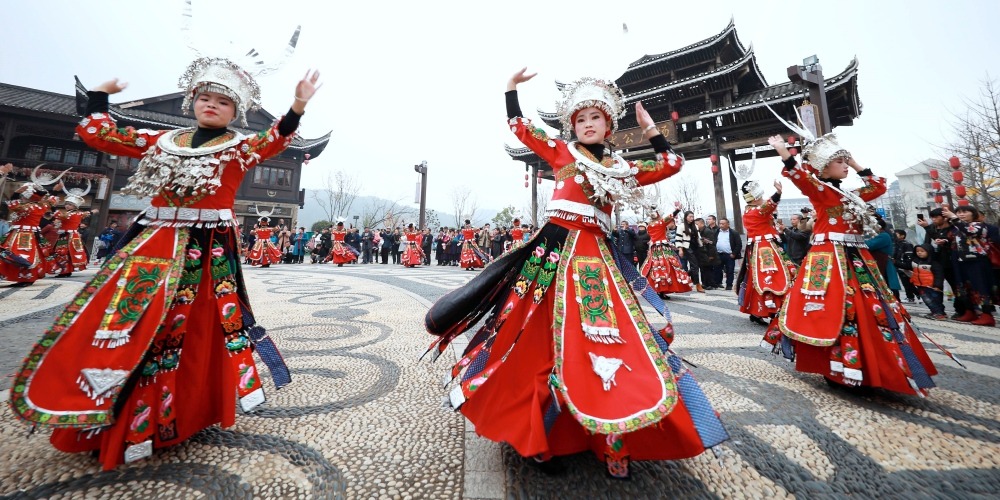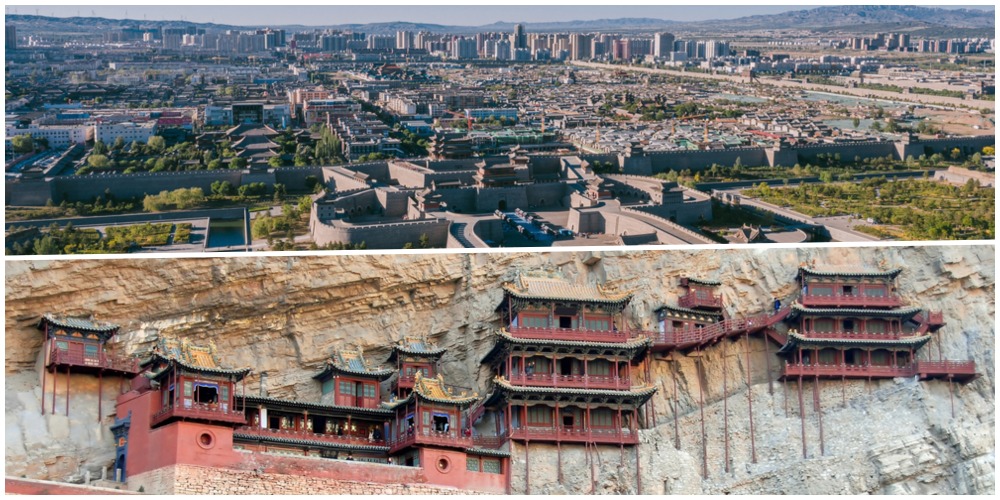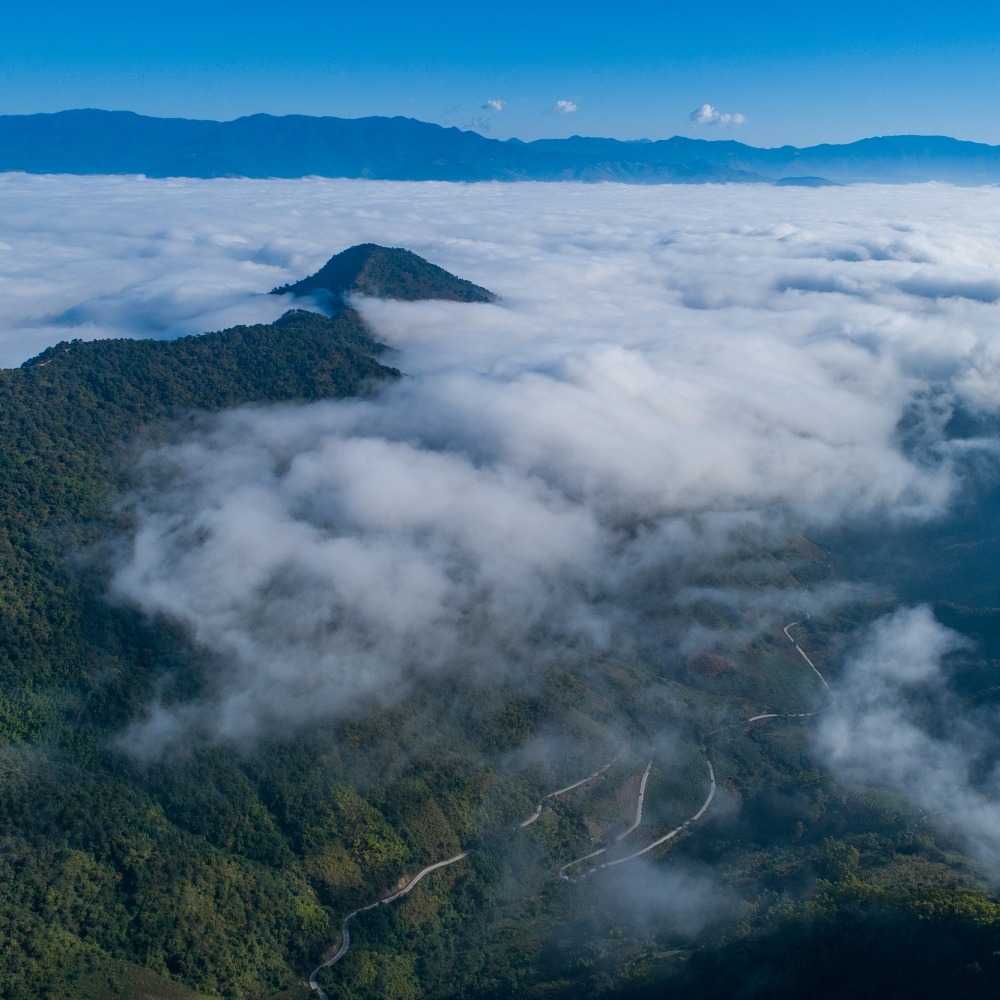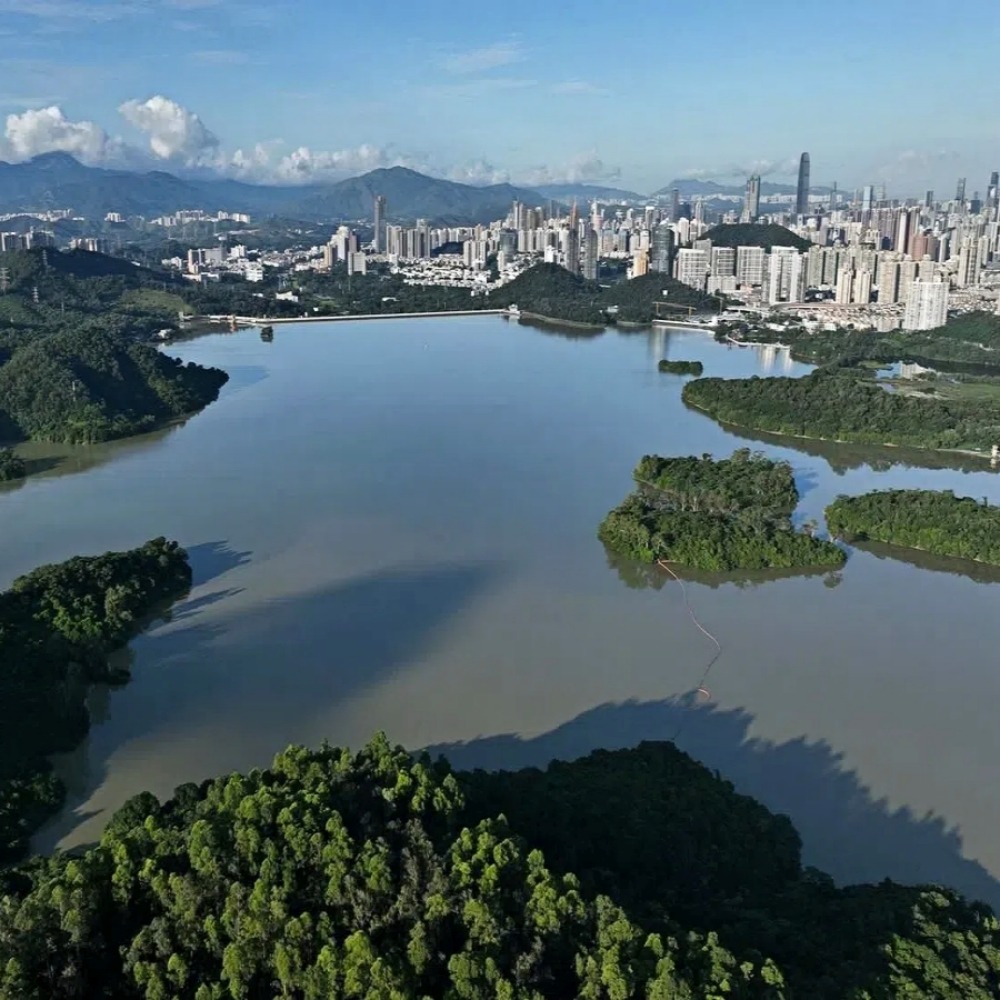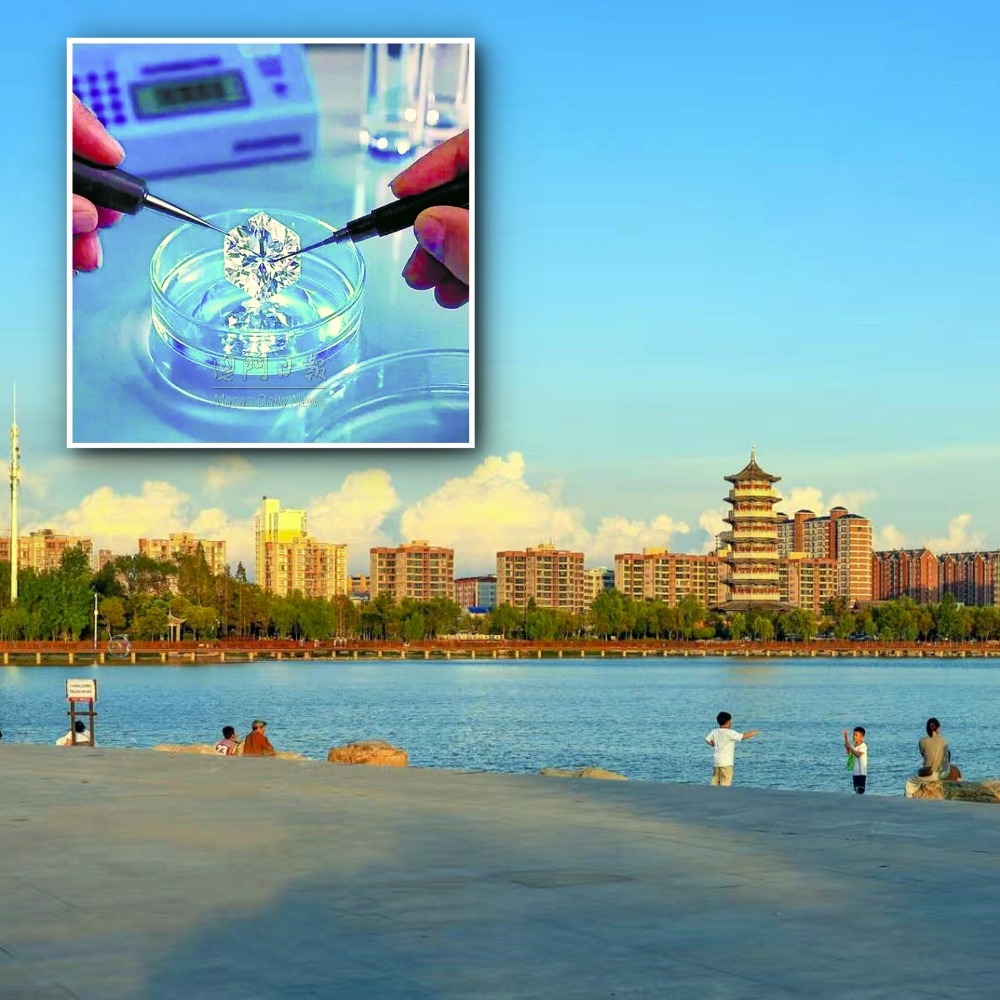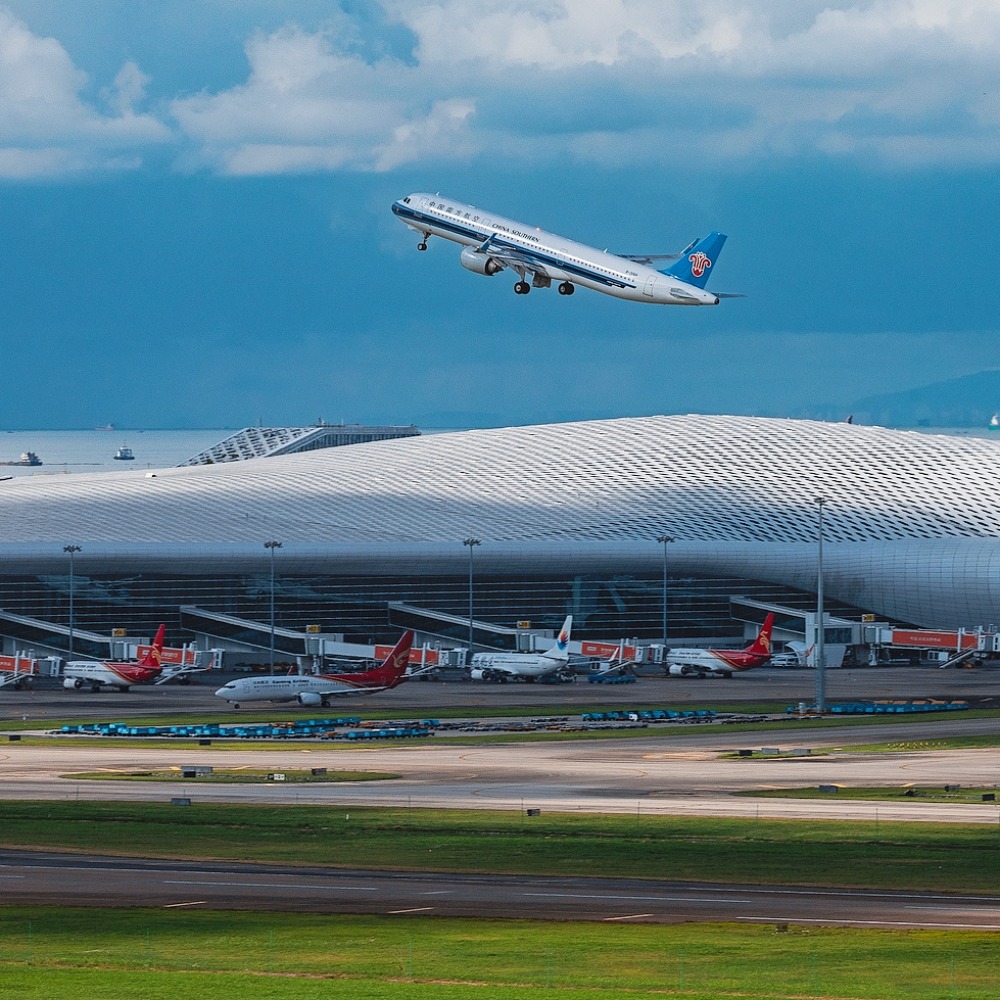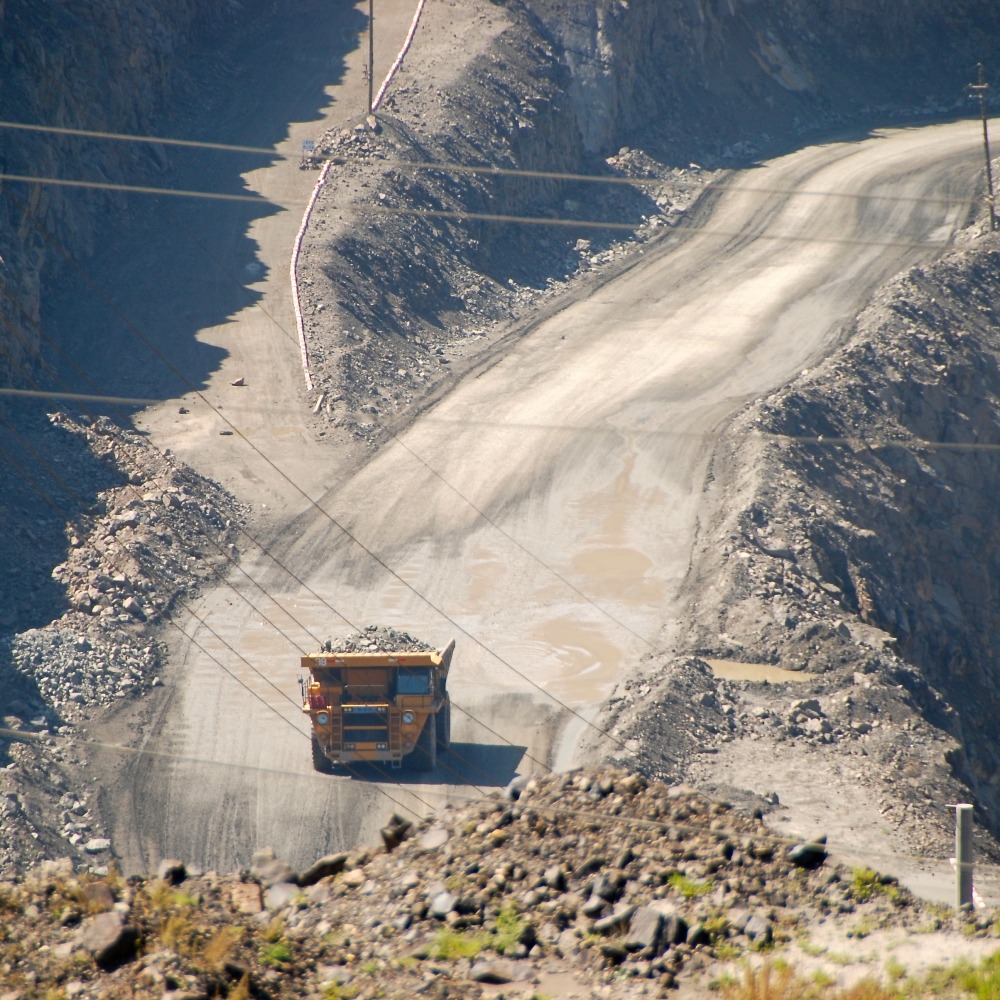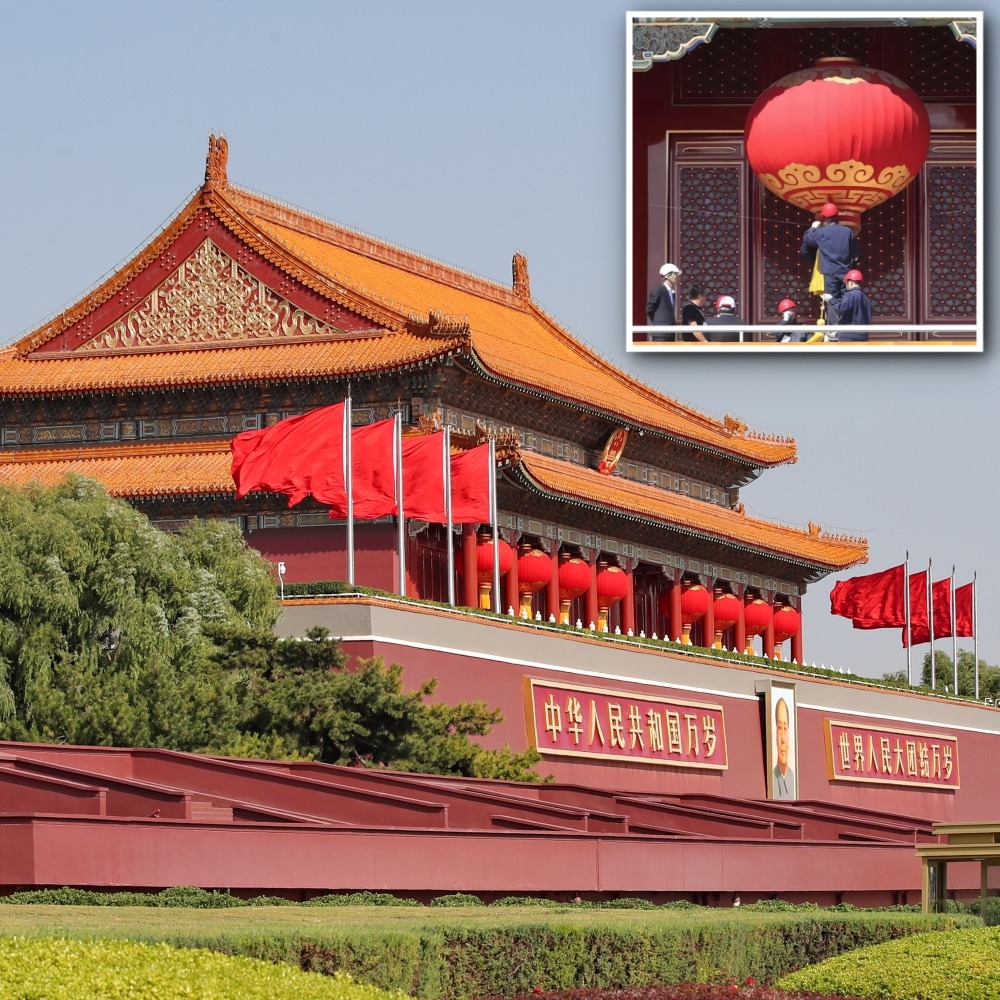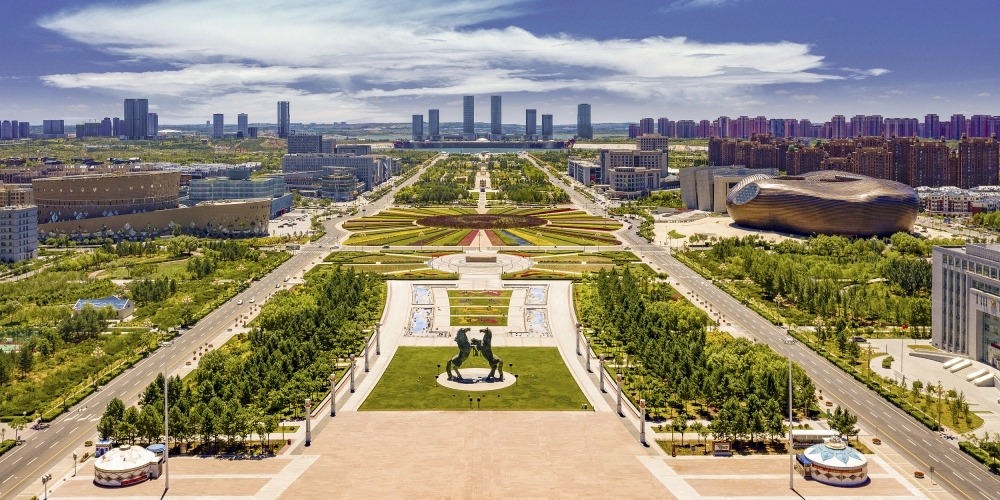Published : 2024-05-29
Shuanghu County (雙湖縣) of Xizang (formerly known as Tibet) is the county with the highest altitude in China.
The county was created in the 1970s to develop a nomad’s land, but for some reasons, the entire county and its residents relocated thousands of kilometres away...
Area 120,000 km2 altitude 5000m
Shuanghu is located in the northern Qinghai-Xizang Plateau, administratively under Nagqu city of Xizang, with over half of its area within the Qinghai-Xizang National Nature Reserve.
The county covers an area of 120,000 square kilometres, which is larger than three Taiwan islands, but the population is only over 10,000, the majority of whom are herdsmen.
Even within Xizang, Shuanghu is quite remote. The centre town of the country is more than 500 kilometres from the city area of Nagqu City; and even further from Lhasa, the capital of Xizang, at over 600 kilometres.
Despite billions of yuan invested by the authorities in recent years to improve roads, the journey still takes more than half a day.
Shuanghu is also the highest county in China, with an average altitude of over 5,000 metres and the county seat reaching 4,920 metres.
At this altitude, the oxygen content in the air is only 40% of that on the plains, and the local average annual temperature is -5°C, dropping to as low as -40°C.
Also, in the northeast of Shuanghu lies the world's third largest glacier outside the Arctic and Antarctic - the Puruogangri Glacier.
Born in the 1970s to develop nomad’s land

The history of Shuanghu is short, which can only be traced back to the 1970s.
At that time, due to the development of the animal husbandry in Xizang and the shortage of pastures, residents there struggling for food and clothing, thought of the nomad’s land to the north of Shenza County, which was one of the four nomad’s land in China.
After the authorities sent teams for in-depth surveys, they found that some places in the uninhabited area were still rich in water and grass, thus worth developing.
Therefore, in 1976, two offices were established in the area, Wenbu and Shuanghu. The name Shuanghu, which means "two lakes" in Chinese, comes from the fact that there are two salt lakes nearby.
Soon after, more than 2,000 herdsmen responded to the call of the authorities. Driving 160,000 cattle and sheep, they travelled for almost a month to this cold grassland.
Later on, more herdsmen, as well as Han and Tibetan cadres, gradually came to Shuanghu to establish their new homes and flourish.
In 1993, Wenbu was renamed Nyima County, and Shuanghu was changed from an office to a special region. By 2013, Shuanghu was changed from a special region to a county.
Read more: China's largest lake is Qinghai Lake. What about the smallest one? It's only 8 square metres!
Residents suffer from altitude sickness
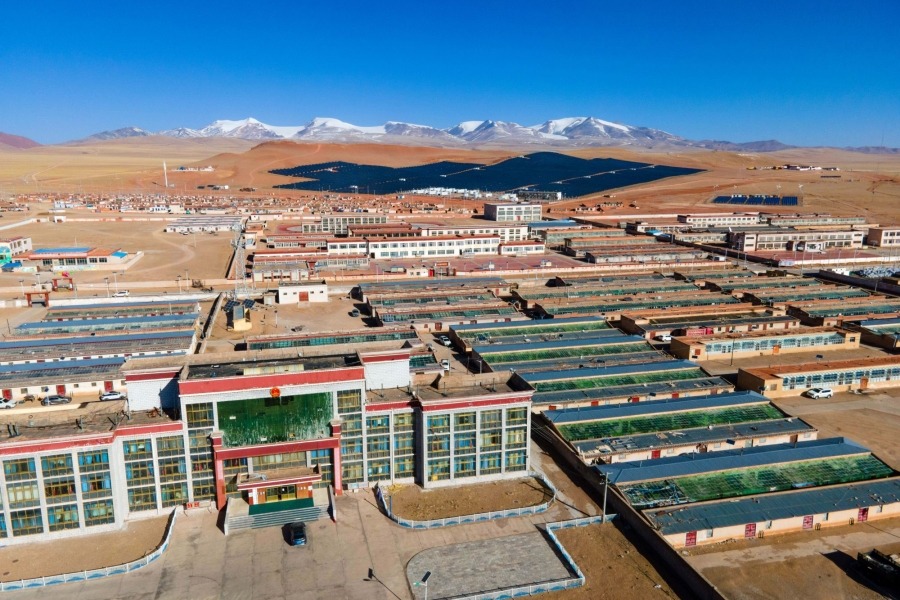
After over 40 years of development, the Shuanghu county, which was built from scratch in a desolate area, has become a modern town, with government offices, schools, guest houses, telecommunications facilities, as well as banks, grain stores, bookstores, and other services.
According to reports, residents in the county have started to enjoy online shopping, although it takes an average of two weeks from the time the goods leave the store to arrive in Shuanghu, which is longer than in other places.
So, what's the story behind the relocation of the entire Shuanghu? As people have already settled down here, why do they have to leave their self-built homes?
In the 1970s, herders moved to Shuanghu for survival, and with social progress, people now want a better life.
Despite solving the problems of food and clothing, many people suffered from altitude sickness as Shuanghu has always been cold and hypoxic, and is even referred to as "a physiological limit test site for humans".
Read more: China's largest fruit producing province
Returning the Qinghai-Xizang Plateau to wild animals
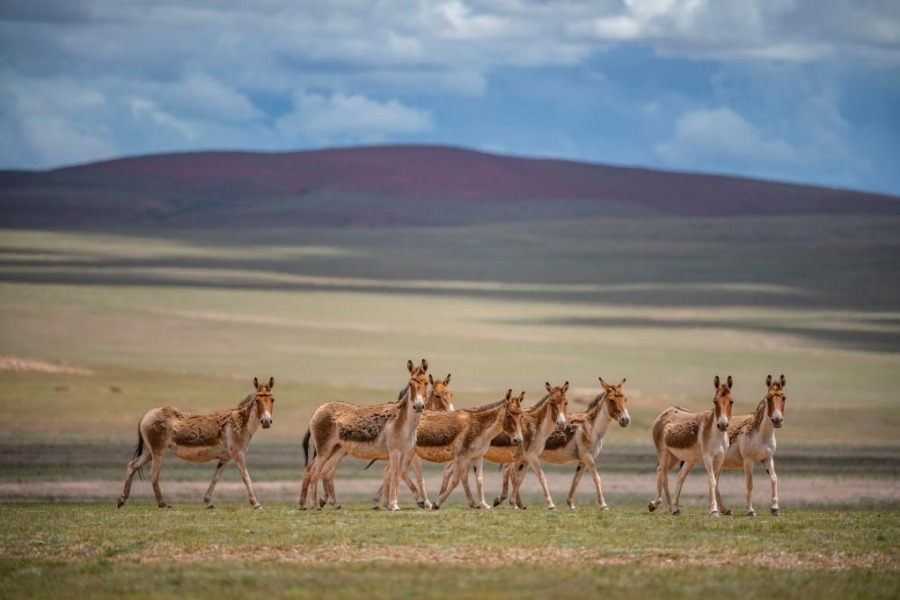
Shuanghu is also very remote, with high investment costs. Because of this, residents cannot enjoy high-quality modern public services such as education, healthcare, etc., and it is difficult to move from poverty alleviation to a decent standard of living.
Ecological harmony is also important. With the increase in grazing, the pastures in the area are being degraded at a rate of 3% to 5% per year.
Moreover, Shuanghu is in the hinterland of the Qinghai-Xizang National Nature Reserve, which is the habitat for Tibetan antelopes, Tibetan wild donkeys, and wild yaks; humans should return the dwelling spaces back to wild animals.
Thus, after careful planning by the authorities, in 2019, they first arranged for herdsmen from three townships in Shuanghu to relocate collectively to the resettlement site of Semburi, Konggaa County, Lhokha City, which is nearly a thousand kilometres away.
The residents had lived in the area for decades and were reluctant to leave, but still kept in mind that it is beneficial for their future.
Semburi is near to Lhasa and not far from the airport and railway. At the resettlement site, the authorities have prepared Tibetan-style houses for everyone, with complete utility services, and there is no lack of schools and hospitals nearby.
Migration of 10,000 people in 2022
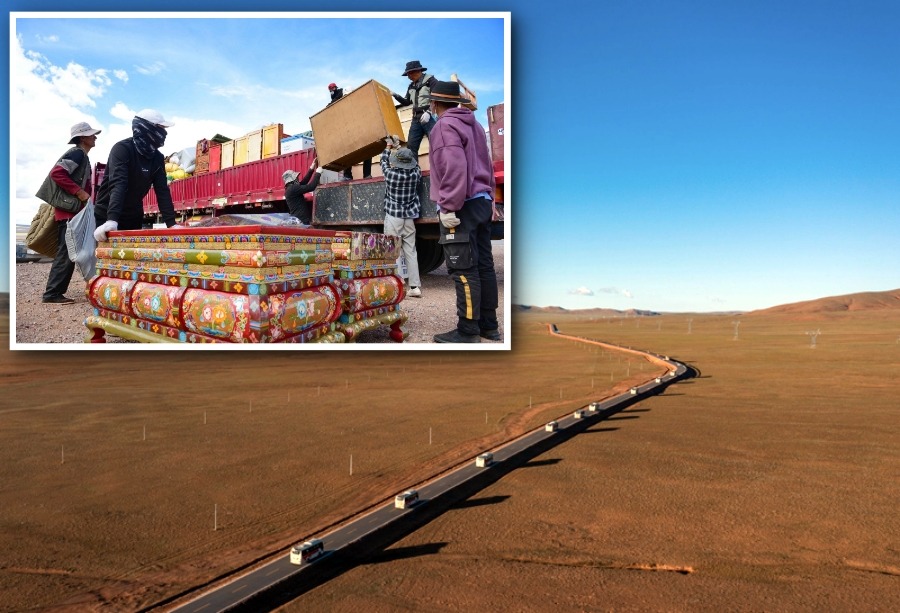
The altitude here is only 3,600 metres; the air is richer in oxygen, and the weather is warmer. Many people look healthier after moving here.
In this new place of residence, some herdsmen will continue to engage in herding; some will take skill training and work as chefs, drivers, etc.
And others will leave the agricultural and pastoral areas to work in nearby cities like Lhasa.
Since July 2022, a second, larger group of herdsmen from Shuanghu, left their original land. By early August, nearly 10,000 people successively arrived at the Semburi settlement site to start a new life.
At this time, the herdsmen from seven townships in Shuanghu completed their migration at a high altitude, and apart from a few who stayed behind to sort out livestock and livelihood issues during the transition period, vast areas have been "cleared".
With the herdsmen having relocated and the land returning back to being a nomad’s land, will Shuanghu be discontinued?
According to media reports, "In the near future, Shuanghu will completely relocate to Semburi."






